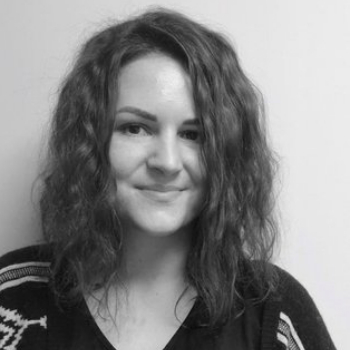- BY Alex Piletska

“Upgrading” a visa application you have already made
Let’s say you made a normal application for settlement on the UK Ancestry route five months ago and you are still waiting for a decision. You receive word that a family member abroad is sick and you need to travel home urgently. There’s no option for retroactively upgrading the outstanding application to Super Priority, so what can you do?
Varying an application
Variation applications are often made where there has been a change of circumstance that means that you no longer qualify for the outstanding application. Varying the application changes it to something more suitable. For example, where you have made a partner application but have since ended the relationship, you might instead find sponsorship and vary the application to a Skilled Worker.
Another use of variations is to buy a little time where your leave is about to expire but you are not ready to make the substantive application for whatever reason. In that case, you might lodge a generic application and vary it to the one you actually want once you are ready to do so.
Practicalities
If you have to travel urgently, here’s a trick you can try: if the category you are applying for is eligible for Super Priority, vary the application to the same one but this time submit it on a Super Priority basis. You can do this with applications for both settlement and permission to stay.
Super Priority costs £800 per person and promises a decision within 24 hours, though delays are possible, if infrequent.
The rules for variation are found in para 34BB:
“(1) Where an applicant has an outstanding application for entry clearance or permission to stay which has not been decided (“the previous application”), any further application for entry clearance or permission to stay will be treated as an application to vary the previous application and only the most recent application will be considered.”
Traditionally, variations were seen as varying the “purpose” of the application. That is to say that the new application is a different kind of application in some way. For that reason, varying an application to the same application is a bit of a grey area. In my experience, the Home Office treats such variations for the purpose of upgrading to Super Priority pragmatically.
A variation looks exactly like a new application. The exception is one of the first questions on the new form, which asks whether you have an outstanding application (i.e. “is this a variation?”) and invites you to enter the Unique Application Number of the outstanding application.
If you applied with dependants on the same application, all of you must vary the application and pay the £800 Super Priority fee each. If only the main applicant varies their application, the dependants’ applications “fall away”, meaning they won’t be considered.
You will have to complete and submit a new application form, this time submitting it on a Super Priority basis. Bear in mind that when it comes to some applications, Super Priority is rationed to only 10 or so per day. If you are applying in a category that is eligible for Super Priority, and you don’t see that option when you come to pay, try submitting the application just after 1am, when the new “slots” are released.
You will need to upload the same documents as before, making sure to update any that are out of date. The application date for the purpose of things like calculating the relevant period for any financial requirement will be the date the second application form is lodged, not the first. Finally, you will need attend a UKVCAS appointment to enrol your biometrics again.
You should hopefully receive the new decision within 24 hours of enrolling your biometrics. You should then wait for the BRP to arrive before you can travel.
Because the application was a variation of your previous application, and you have paid two sets of fees, you should receive a refund of the first set of fees you paid, though this sometimes takes some time (and often involves chasing, by lodging a complaint or going through an MP).
Note, the above only applies to in-country applications.
Variations can sometimes be tricky so it might be a good time to seek legal advice if you are considering going down this path.
SHARE

